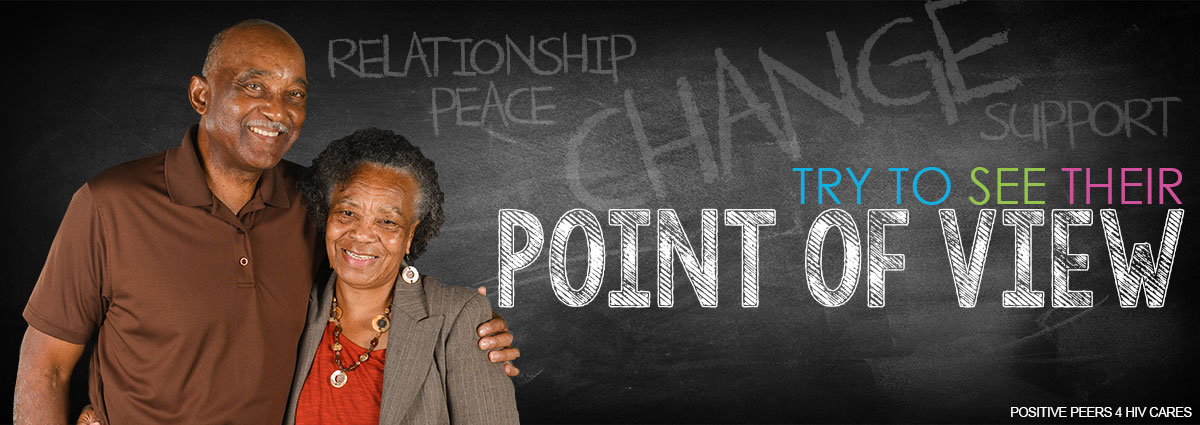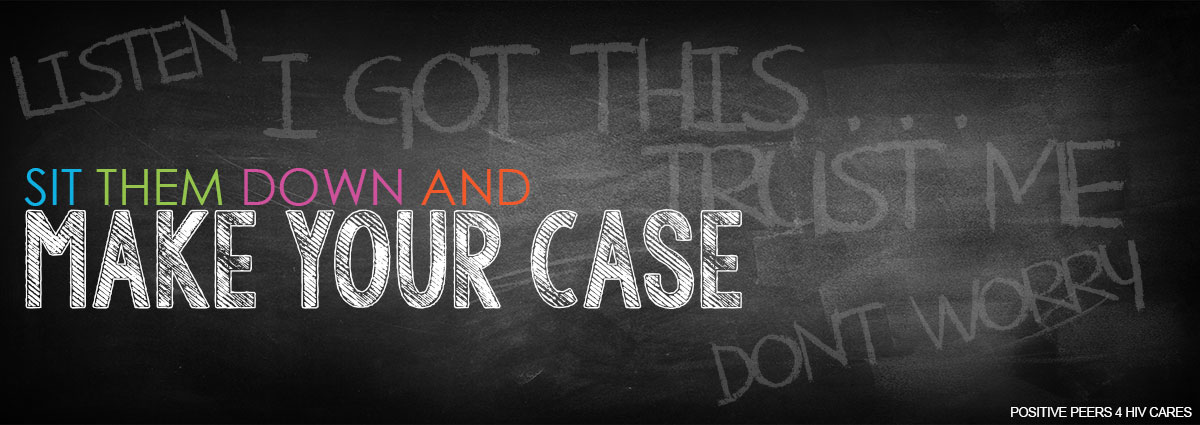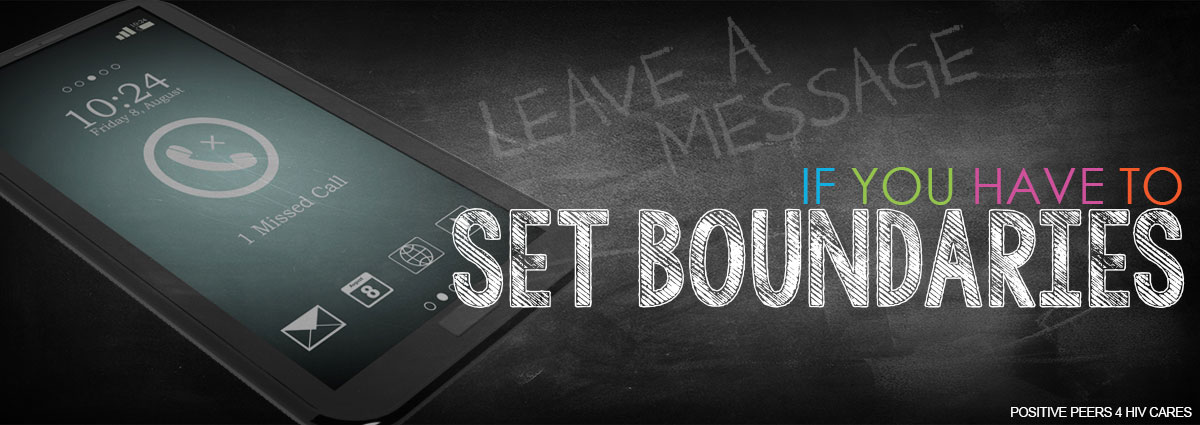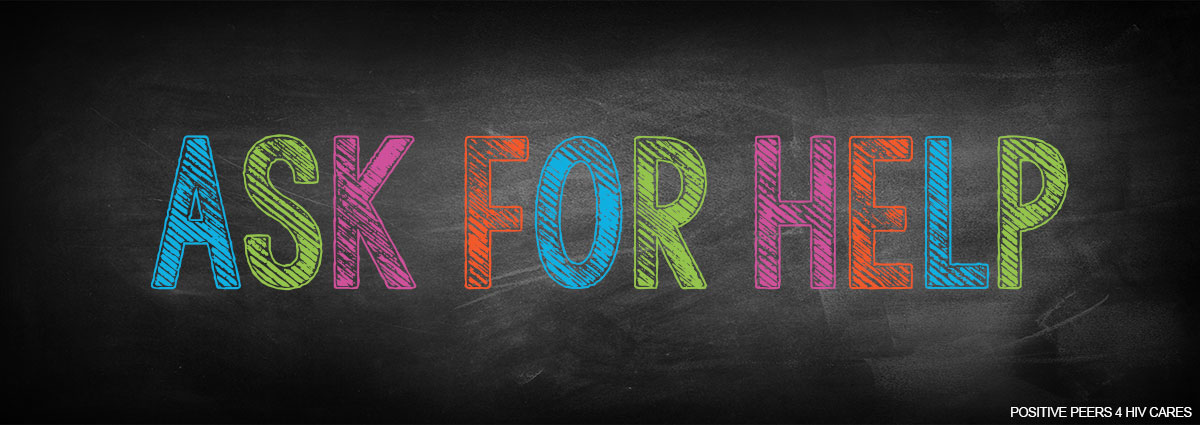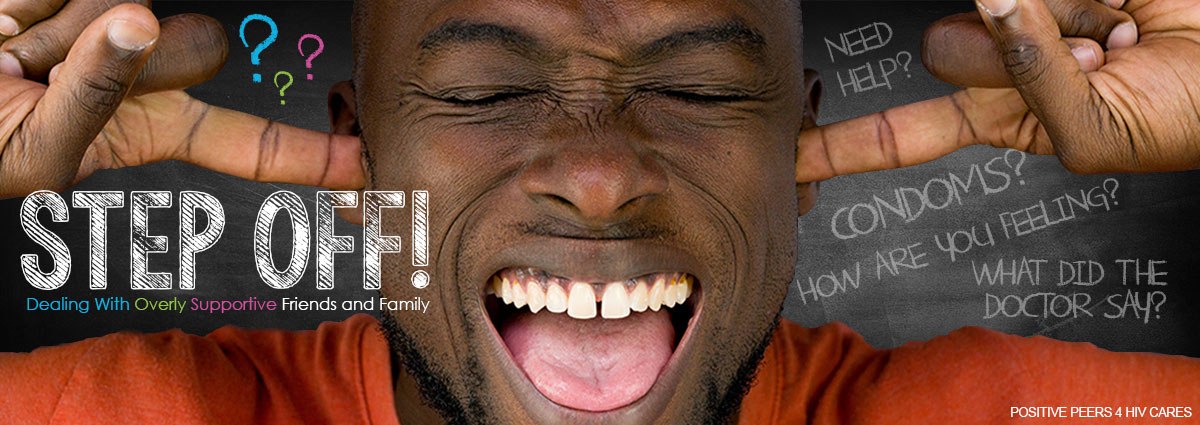
By: Jennifer McMillen Smith, LISW-S, HIV Social Worker at MetroHealth Medical Center and medically reviewed by Ann K. Avery, MD, Infectious Disease Physician at MetroHealth Medical Center
They mean well. They just want what’s best for you.
But they’re driving you crazy.
They just can’t stop bugging you about your health. They have no idea that all their “support” is just making things worse.
People with HIV want to be treated normally. It can be tough enough sometimes to keep up with the meds, doctors, paperwork, and people who get freaked out at the mere mention of the letters “HIV.”
But that stuff at least makes sense. You have to get your prescriptions and take them on time. It sucks to deal with, but you know some people are just going to be cruel or thoughtless. You can write them off as ignorant and move on.
Then there’s your mom or your brother or your cousin or your aunt — you know they love you and are harmless. But it never ends:
“How are you feeling?”
“Did you take your pills today?”
“What did the doctor say?”
“Are you using condoms?”
“When are you going to dump that guy?”
How do you tell people who love you to lay off a bit and leave you alone?
It’s never easy, that’s for sure. These tips might help, however:
Try to see their point of view
Here’s the problem: You need to get somebody to change their behavior. Think about the ads you see on TV — they all want you to stop buying somebody else’s stuff and buy theirs instead.
So what do they do? They put themselves in your shoes and try to imagine what you want. This is the core of getting people to change: Ask yourself what they really want and think of a way to help them get it.
Some people just care a lot, some are nosy, while others are control freaks who need things to go a certain way.
Once you understand what’s motivating your friend or family member, you will be in a better place for figuring out how to deal with them.
Get yourself a strategy
You build a house with a blueprint or plan a road trip with a map because they help you focus and stay on course. Same idea here.
To build your strategy, start with your understanding of the people you’re dealing with. That’ll help you decide how to act the next time they get all up in your biz.
You might respond one way with somebody who genuinely cares about your welfare and would never want to make things worse for you than you would with a control freak who has to get their way no matter what.
So think good and hard about the right way to get through to the person you’re dealing with. What works with Mom probably won’t work with your boo. Your message has to match the person who hears it.
Come join our private, stigma-free, supportive community.
Health management tools with medication & appointment reminders.
Social networking in a community conversation & private chats.
Start creating some ground rules
This is your life: Nobody has any right to make things harder for you, no matter how much they love you.
Your first rule is you’re not going to let other people put their issues on you. Sure, they care. Of course, they are curious. But if you need them to back off, then they need to back off.
The next rule: Make up your mind not to do anything that just makes things worse. Be nice to nice people, don’t pick fights with fighters, don’t get in arguments with arguers.
Set as many rules as you think you need, and be prepared to adjust if they don't work out as planned.
Sit them down and make your case
Set a time to have a talk that clears the air. Try not to sound like you’re accusing somebody or passing judgment.
It’s best to say something like “I realize you’re worried, but trust me, I got this” or “it’s just annoying to have to be constantly reminded of my health.”
Talk about your feelings in first person — say “I feel like this,” and avoid saying “you make me feel this way.” Using “you” makes people defensive and less likely to change.
Set boundaries if you have to
Some people simply cannot get off your back, so you have to separate yourself from them.
If this is true for you, make a vow to limit your contact as much as possible. If you know a phone call is going to mean more of them bugging you for no good reason, let them leave a message. You can call back if you feel like it, but you don’t have to.
Ask for help
If you have a support group, counselor, or caseworker, ask them what they would do. Most of them have been exactly where you are, so they know what works and what doesn't.
There’s no need to work all this out yourself.
Related Blogs:
